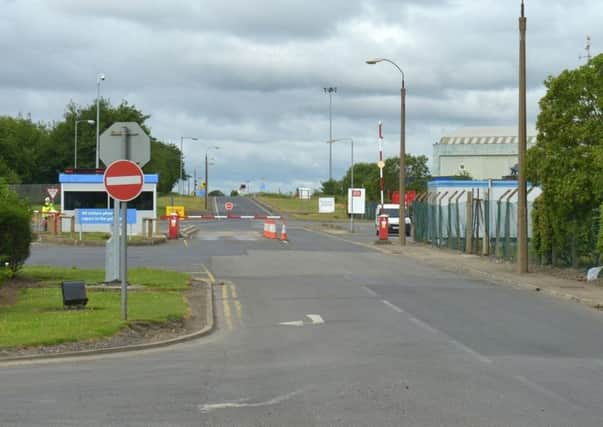Iain Wright: Steel industry too important to lose


Steel is also an important part of the local economy: Tata’s pipe mills in Hartlepool employ about 500 people directly, with the same number again employed either indirectly as contactors or employed through the supply chain. People employed in the steel mills spend their money locally in Hartlepool businesses, with the economic impact of the steel industry fanning out across the town in a very significant way.
I wrote last week of the massive global forces at work regarding this decision from Tata to sell its UK British steel business. In the context of Chinese steel being dumped onto the world markets, allegedly at a price less than it cost to produce, the challenge for governments is substantial. However, that is not to say that government cannot sit back powerless and let these forces overwhelm British industrial capability
Advertisement
Hide AdAdvertisement
Hide AdI chair the Business, Innovation and Skills Select Committee in Parliament, and last year we looked at the Government response to the steel crisis in the wake of the closure of the SSI steel plant in Redcar. We found that Government was not alert to the warning systems in place being raised by industry, and that Government should put in place appropriate processes to ensure that they are not blindsided by events in the industry – and indeed in other industrial sectors – in the future.
It seems clear, based upon the events of the past week, that those warning systems have not been put in place. When the Tata board were meeting in Mumbai last week decided the fate of much of the British steel industry, Sajid Javid, the Business Secretary, was in Australia, attending a trade event. His senior civil servants in the Business Department didn’t seem to be considering options and contingency plans, but were attending a management training course at RADA, the Royal Academy of Dramatic Art, the training place where people go into the theatre attend. As I write this, the Business Secretary has just touched down in Mumbai to speak with Tata management. It seems obvious that he was caught like a rabbit in the headlights by events and did not see how important this meeting was, even though Tata had informed the Government. For such a strategically-important industry as steel, that’s not good enough.
Much attention in the past week has concentrated on saving the Port Talbot works and finding a buyer for this plant. It is true that the Welsh steel plant is a hugely important cog in the whole wheel of British steel-making and the closure of operations in the Welsh town would devastate the local economy in a way that SSI did with Redcar, or that the coal industry did with mining towns a generation ago. However, other plants, including Hartlepool, are also important. I spoke with the Business Secretary by phone on Sunday afternoon about safeguarding the British steel industry and made the point that other plants, including Hartlepool, have to be considered as part of Tata’s sale.
This is a hugely significant matter, involving the future shape of the British economy and how the country makes its money in the future. It involves the town’s economic future, too. No options should be left off the table to ensure that jobs, skills, capability and capacity are safeguarded and that British steel-making continues.